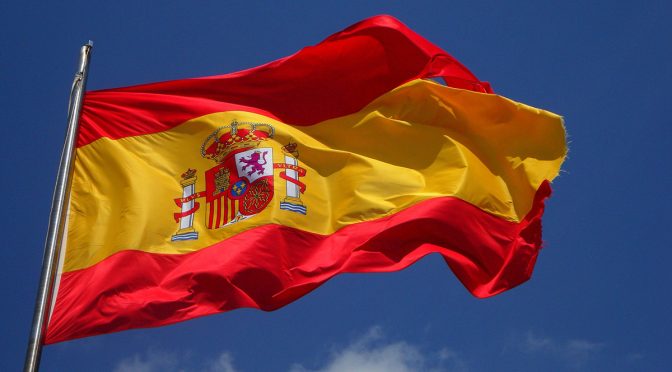
Spain’s transition to renewable energy is a topic of global interest, marking a significant shift in the country’s energy landscape. The country has been making substantial strides in the adoption of renewable energy sources, driven by the dual goals of reducing greenhouse gas emissions and achieving energy independence. However, the journey is not without its challenges.
Spain’s commitment to renewable energy is rooted in its recognition of the urgent need to combat climate change. The country has set ambitious targets for renewable energy, aiming to generate 70% of its electricity from renewable sources by 2030 and 100% by 2050. This commitment is underpinned by a comprehensive strategy that includes the promotion of solar and wind energy, the expansion of the electric vehicle market, and the improvement of energy efficiency in buildings.
Spain’s geographical location and climate conditions provide it with an abundance of renewable energy resources. The country is one of the sunniest in Europe, making it an ideal location for solar power generation. Spain is also a leading player in the wind energy sector, with wind farms dotting its landscape from the Pyrenees to the plains of Castilla-La Mancha. The country’s renewable energy sector has attracted significant investment, creating jobs and contributing to economic growth.
Spain’s transition to renewable energy has also been facilitated by supportive government policies. The Spanish government has implemented a range of measures to promote renewable energy, including feed-in tariffs, tax incentives, and grants for renewable energy projects. These policies have helped to create a favorable environment for the growth of the renewable energy sector.
However, Spain’s transition to renewable energy is not without its challenges. One of the main obstacles is the intermittency of renewable energy sources. Solar and wind power are dependent on weather conditions, which can be unpredictable. This poses a challenge for the stability of the power grid and requires the development of effective storage solutions.
Another challenge is the need for significant investment in infrastructure. The transition to renewable energy requires the modernization of the power grid and the development of new transmission lines to transport electricity from renewable energy plants to consumers. This requires substantial financial resources and poses logistical challenges.
Public acceptance is another critical factor in Spain’s transition to renewable energy. While there is broad support for renewable energy in Spain, there are also concerns about the impact of renewable energy projects on local communities and landscapes. This requires careful planning and consultation to ensure that the transition to renewable energy is socially sustainable.
Despite these challenges, Spain’s transition to renewable energy is making steady progress. The country is already one of the leaders in renewable energy in Europe, and its commitment to this transition is unwavering. Spain’s experience offers valuable lessons for other countries seeking to make the transition to renewable energy, demonstrating that with the right mix of resources, policies, and public support, it is possible to make significant strides towards a sustainable energy future.